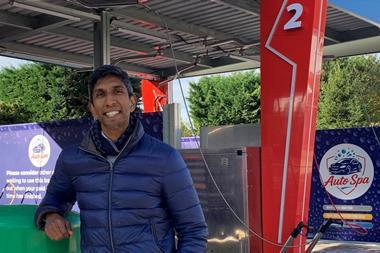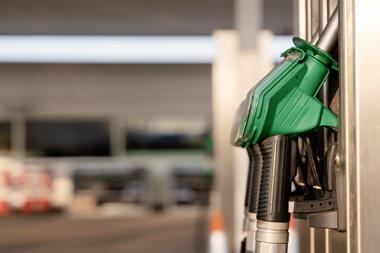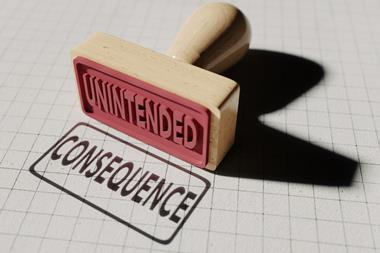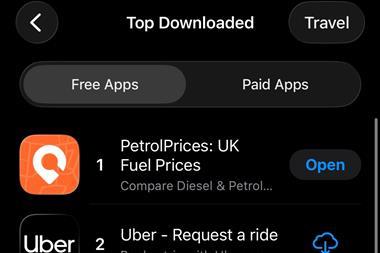
The RAC is warning forecourt operators not to hike up margins after the average cost of a litre of petrol passed £1.50 for the first time since November.
The motoring organisation says its Fuel Watch data shows that the cost of filling an average family car with unleaded has risen by £1.65 since the beginning of April, and by £5 since the new year.
Although the RAC blames rising prices on a weaker pound and the increased cost of oil, it warns the retail sector against taking the opportunity to push up profits.
“The big question is what happens now,” said RAC fuel spokesman Simon Williams. “While Middle East tensions saw oil hit the $90 a barrel mark, prices have since eased a little, which is starting to translate into lower wholesale prices for UK retailers. In theory, at least, this should mean prices at the pump don’t rise much further, if at all – but so much depends on the margin these same retailers decide to take.”
The RAC accuses the trade of already increasing margins on a litre of diesel from a long-term average of 8p to 14p, contributing to the higher price of that fuel, at just over £1.58 currently, according to Price Watch.
Prices at motorway service areas are considerably higher than the UK forecourt average, says the RAC, at more than £1.70 for unleaded and just under £1.80 for diesel.
The market price of crude oil soared after the Gaza conflict broke out in October, although it has since fallen and the recent escalation in tensions between Israel and Iran has so far failed to lead to another spike as some feared.


























